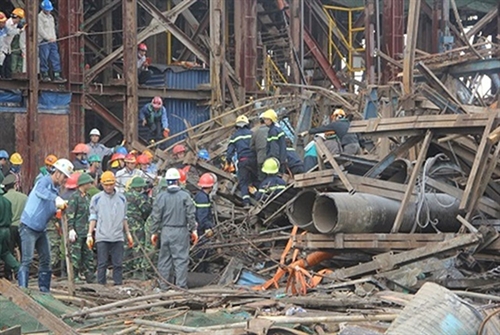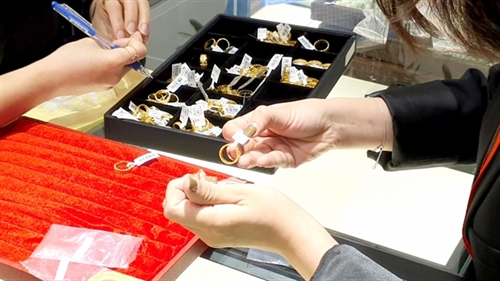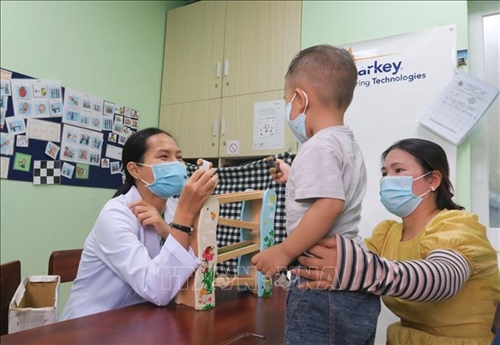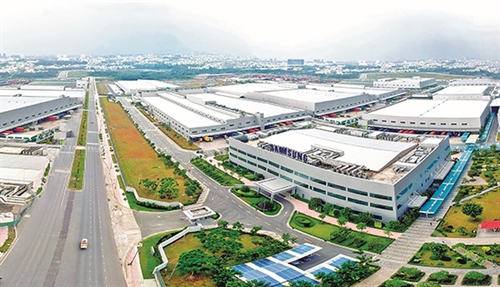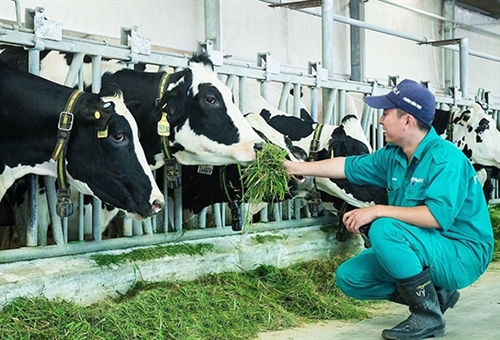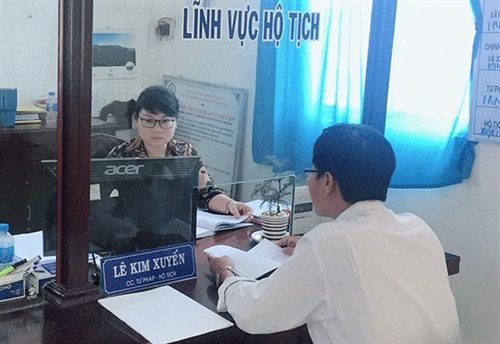Content aggregator websites (CAWs) would be permitted to cite news and articles accurately from official newspapers but no sooner than 30 minutes after the original information is published. The citation would have to comply with terms in written agreements reached by CAWs and press agencies.
Such proposals are made by the Ministry of Information and Communications (MOIC) in a draft decree revising Decree 72 of 2013 and Decree 27 of 2018.
Accordingly, the MOIC requires CAWs to provide readers with information on names of the authors or official sources, the time of publication and cite links to the original articles.
CAWs would also be required to devise electronic tools to receive and settle users’ complaints about contents and copyright of information published on their websites, and coordinate with authorities in handling infringing contents when so requested.
In addition, CAWs would not be allowed to use page names or domain names identical to those of press agencies. They would also be forbidden from using words and phrases that might make readers mistake them for press agencies such as “newspaper”, “magazine”, “news”, “radio”, “television”, “media”, “communications”, and “news agency”.
Meanwhile, CAWs may join hands with press agencies to produce contents in the fields of science, technology, economy, culture, sports, entertainment, advertising, and social security. Content production agreements between the two parties must specify the mechanism of cooperation, production, editing, censorship and publication of news and articles in CAWs. Press agencies would be held liable for contents of news and articles.
Notably, press agencies that already have online newspapers or magazines would not be permitted to set up CAWs. Organizations and enterprises might establish CAWs only after obtaining a license, which would be valid for five years and might be extended once for another two years.-
